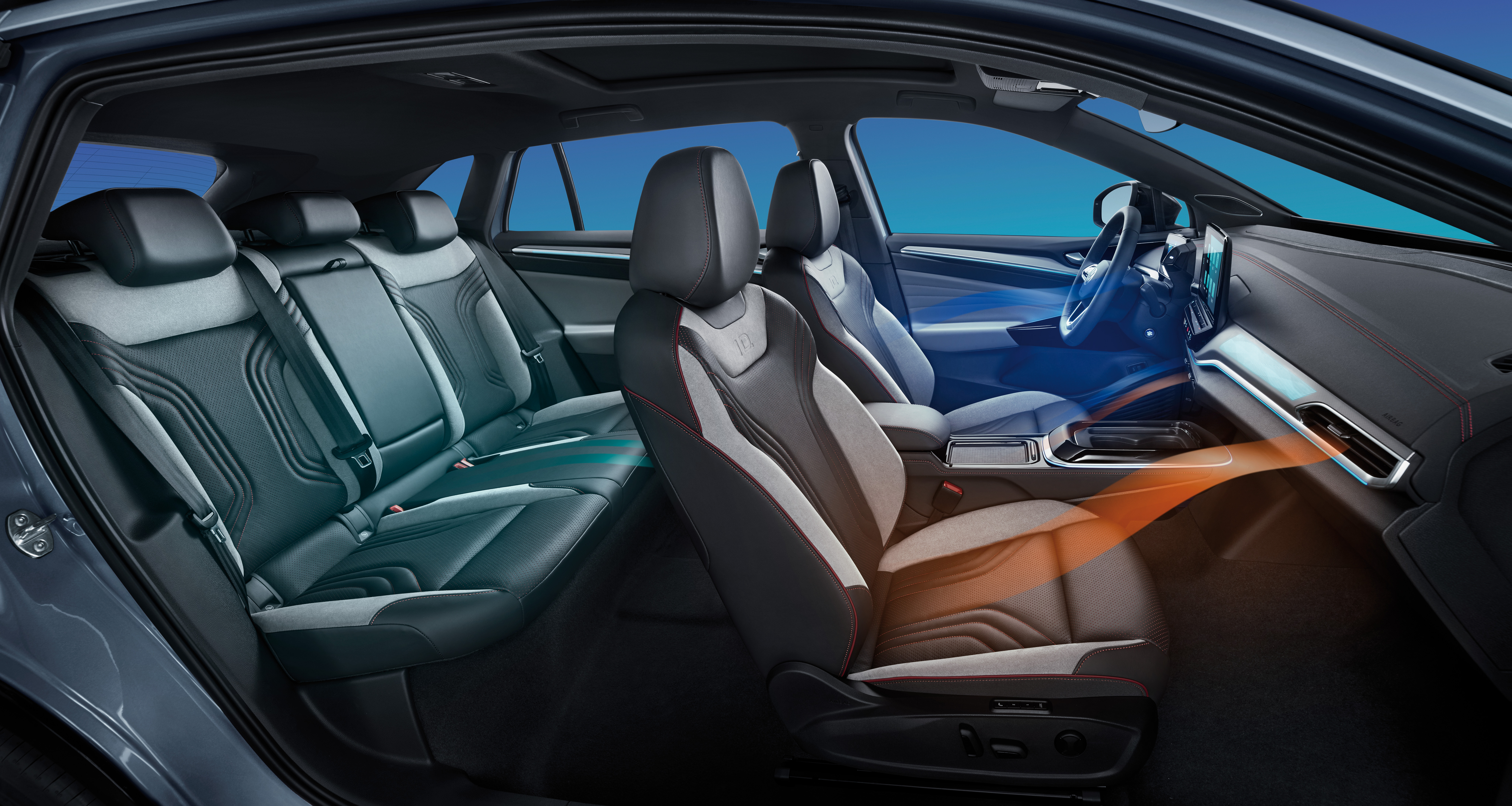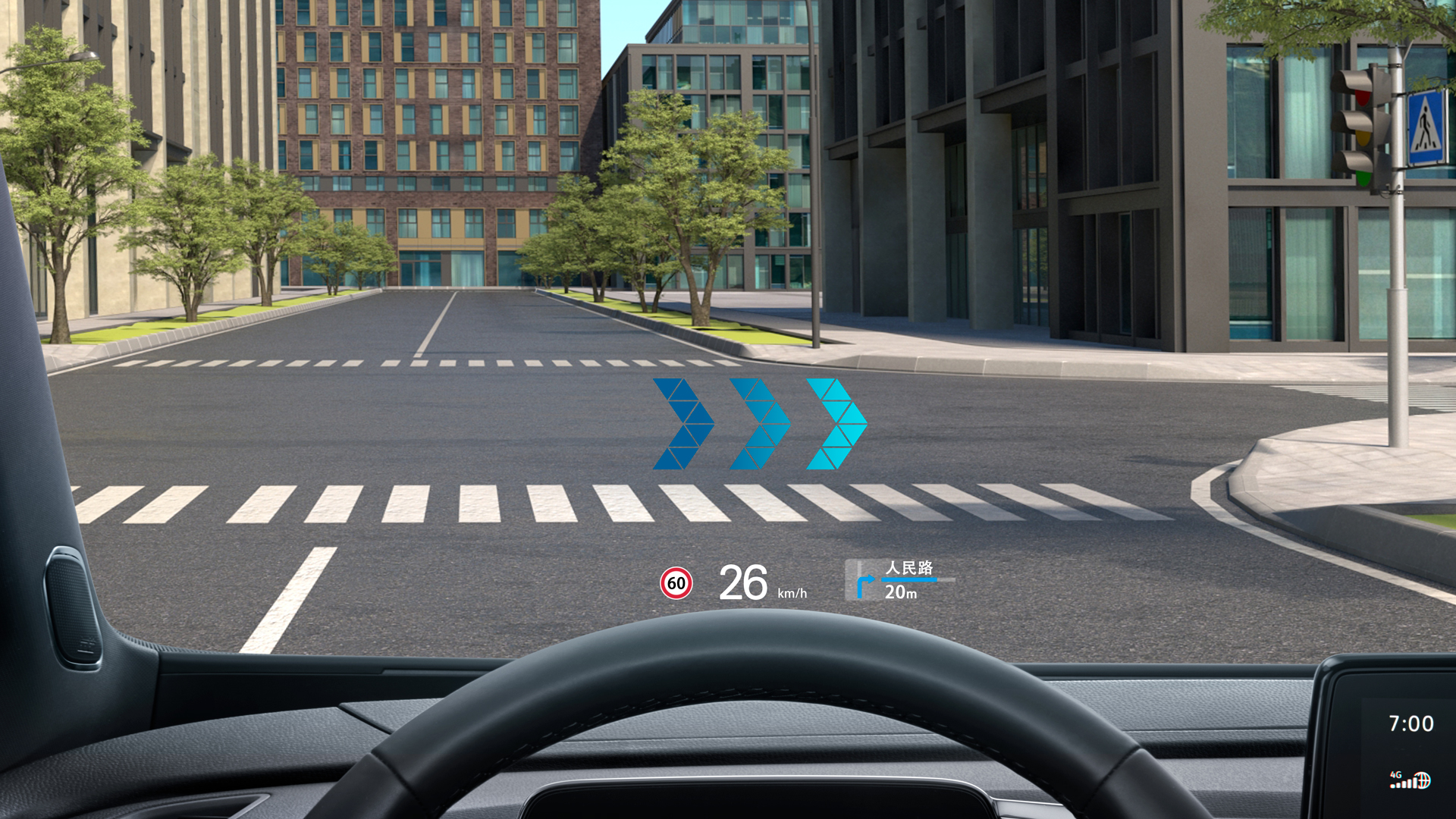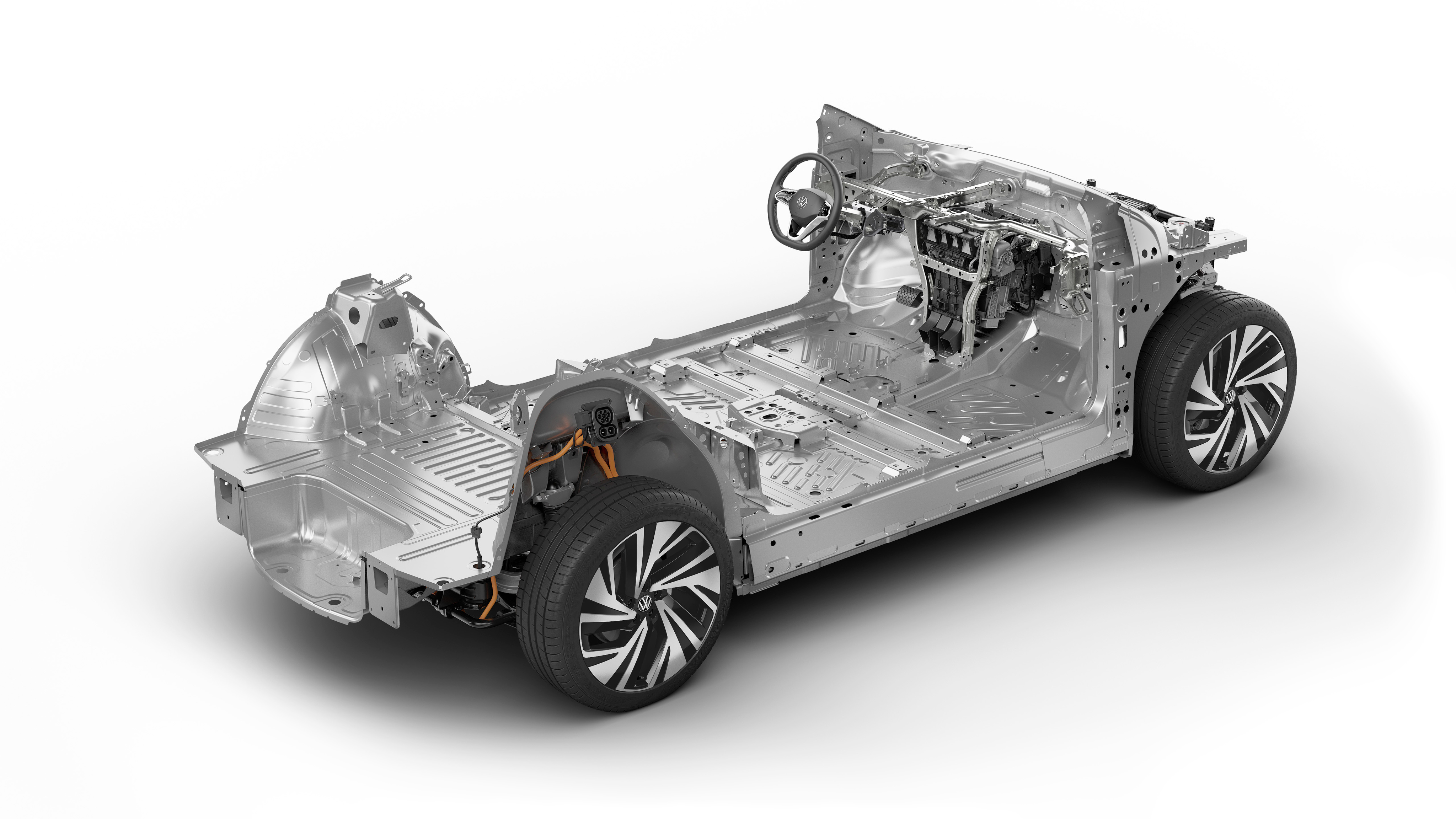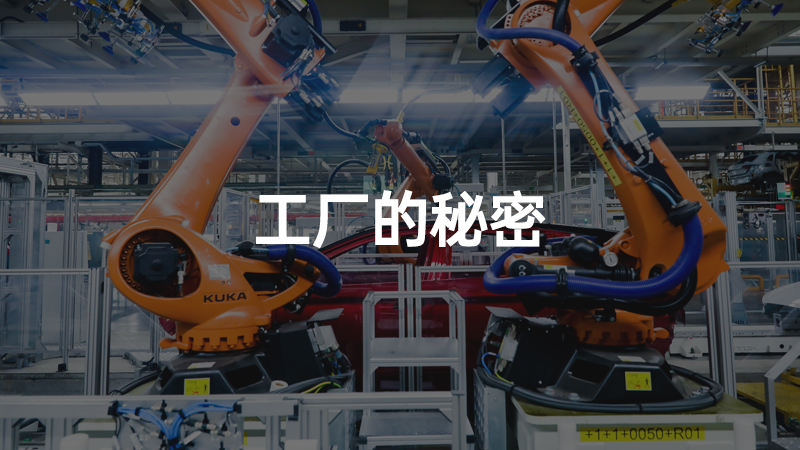Electrification and intelligence are challenges, but Volkswagen marches forward without hesitation.
Volkswagen Group is not the first car company to establish a comprehensive electrification strategy roadmap, but after Volkswagen made its determination, it became the most resolute among the world’s automotive giants in terms of transformation.


Volkswagen is almost the largest in terms of volume among automakers, and is even more dominant in the Chinese market. The transformation affects the whole company.
Therefore, the outside world also refers to Volkswagen’s comprehensive electrification strategy as an elephant turning around.
The transformation of Volkswagen will naturally promote the process of China’s and even the global automotive market’s transition to new energy and intelligence.
After setting the goal, the preparatory work or necessary work to achieve the goal is important. We are familiar with products, technology, and platform, but the guarantee of all of these must come from the construction of “factories,” which is a critical step in realizing product landing.
Before the unveiling of the FAW-Volkswagen ID.4 CROZZ, I was invited to visit the FAW-Volkswagen MEB factory in Foshan on November 2. If the ID series is Volkswagen’s sword towards electrification, then the factory is the furnace for forging this sword.
Total capacity of 600,000 and pure electric capacity of 300,000, Volkswagen has achieved half success
The completion and commissioning of the Foshan MEB factory shows that Volkswagen’s determination in the transformation to electrification is very resolute, after all, the investment in this construction is in tens of billions.
Speaking of Volkswagen’s determination in transformation, we must first mention Volkswagen’s strategy and future layout in the new energy vehicle field.
For Volkswagen, there are only two layouts for the new energy vehicle market: one is the Chinese market, and the other is the market outside China.By the end of 2024, Volkswagen Group (China) will invest 15 billion euros in the field of electric transportation in China, together with its joint venture partners. On the other hand, Volkswagen Group aims to achieve zero carbon emissions for its overall carbon footprint and product fleet by 2050.
Based on these goals, Volkswagen Group has launched a series of advance layouts in the fields of the new MEB electric modular platform, batteries, and charging infrastructure.

It has developed a new pure electric platform and will create pure electric products based on this platform. Volkswagen has assigned its ID. series of pure electric products for joint production by FAW-Volkswagen and SAIC Volkswagen in China, clearly indicating its intention to “sell more cars in China.”
To ensure the delivery of the products, Volkswagen has prepared ample production capacity. The MEB factories of FAW-Volkswagen Foshan and SAIC Volkswagen Anting have officially started operation in October 2020, with a total annual production capacity of 600,000 units. Volkswagen’s Tianjin automatic transmission factory has partially transformed to produce MEB platform components.
According to the plan, by 2025, the production of local MEB factories in China will cover 15 models of multiple brands under the Volkswagen Group. Among the models sold in China, 35% will be electric vehicles. Based on this product mix, the plan is to deliver approximately 1.5 million new energy vehicles in the Chinese market every year.
This means that the Foshan and Shanghai MEB factories will be the back-end guarantee for Volkswagen’s sales in China in the future. From our visit to the FAW-Volkswagen Foshan factory, we can see that the transformation work for producing MEB platform models has been completed in stages and the annual production capacity can reach 300,000 units. Why is it staged? It is because a decision to expand will depend on future demand.
The Foshan factory not only has a pure electric vehicle manufacturing facility but also a battery pack packaging plant for power batteries. The role of these production lines is to increase production capacity, indicating that Volkswagen is not concerned about whether the market can absorb sales but rather that its production capacity is insufficient, making the Foshan factory a strong guarantee for Volkswagen.
Apart from its production capacity, the FAW-Volkswagen MEB plant in Foshan also has its own answer to intelligent manufacturing in the automobile industry.
90% Automation Rate
Having visited many factories in the automobile industry for many years, one might think that factories of this industry would be bustling with workers. However, this is not the case for the FAW-Volkswagen New Energy Factory in Foshan, where most of the work is done by robots. The modern and orderly production line consists of quiet and well-organized factories, making it the epitome of a large-scale modern factory.

Audi’s Modified Factory?
Currently, Volkswagen has MEB production lines in its factories in Zwickau, Germany, FAW-Volkswagen in Foshan, and SAIC Volkswagen in Anting. The Anting MEB factory was built from scratch, while the MEB factories in Zwickau and FAW-Volkswagen Foshan were modified from existing factories. Don’t underestimate the difficulty of modifying factories, for FAW-Volkswagen’s MEB factory not only fits high-end conventional fuel vehicles such as Audi but also produces new energy vehicles, which require different structures. This means that the production line needs the ability to produce both conventional and new energy vehicles, placing higher demands on mechanical arm and production line automation control.

The co-production of conventional and new energy vehicles also has the benefit of increasing parts sharing, resulting in significant cost savings.
After discussing the differences among MEB factories, let’s take a look at the degree of automation in FAW-Volkswagen’s MEB factory.
Advanced Products Come From Advanced Factories
The degree of automation in the three main workshops in the FAW-Volkswagen MEB factory, namely welding, assembly, and painting, represents the overall efficiency of the entire factory.Translate to English Markdown text:
In the welding workshop of FAW-Volkswagen’s MEB factory in Foshan, the automation rate reaches 90%, and the automation rate of the main welding part reaches 100%. Inside the workshop, there are 1269 KUKA robots operating in an orderly manner under the supervision of professional engineers. The welding gun at the end of the mechanical arm accurately moves along the car body under the instructions of the CNC program, and the welding is completed in a flash.
Next is the painting process. The automation rate of the painting workshop is close to 100%, making it one of the domestically-produced production lines with the highest number of robots and highest degree of automation. Painting is a crucial process for automobiles, not only in terms of appearance, but also for preventing oxidation of key parts made of metal components.
General assembly is the most difficult stage of the car manufacturing process to automate, and the automation rate of the general assembly workshop in Foshan MEB factory is 21%, the highest among FAW-Volkswagen factories. The equipment used in the workshop, including a fully-automatic printing device, automatic PGD device, automatic car door sealing tape, automatic high-voltage battery grabber, and others have achieved the automation of the most difficult parts of the general assembly workshop.
Automation rate can reflect the efficiency of the factory and the consistency of the product manufacturing after scaling up. As mentioned earlier, the painting workshop of the Foshan factory can achieve 100% fully automated spraying. On this basis, the equipment used in the factory for measuring the thickness of the paint film has an accuracy of up to 1µm; this quality requirement is evident.
Let’s talk about laser
As a leader in laser welding technology, FAW-Volkswagen has adopted a lot of laser welding technology in the MEB factory. Laser welding has three major advantages: fast welding speed, low welding deformation, and high welding strength.
In the past, large-scale equipment welding used to rely on electric welding, which had the disadvantage of a large metal surface, and insufficient strength after solidification. The advantages of laser welding are that the transition melting droplet temperature is lower, the deformation of the metal component is smaller, the metal melting surface can be kept from expanding to the greatest extent, which not only increases the welding strength, but also ensures the overall beauty of the weld.
In simpler terms, laser welding can not only improve the structural strength of the vehicle but also enhance its appearance, achieving two goals with one shot.Apart from using laser welding technology, Volkswagen also equips the welding process with laser online measurement technology, which enables non-contact dimensional inspection of vehicles on the production line, ensuring efficient and timely traceability of materials.
Volkswagen’s development of the MEB sets a good example for other car manufacturers in the market. To create high-quality products, technological advancement is crucial, as seen in the excellent platforms of other car companies such as the Lynk & Co Huge platform, which has been influenced to some degree by Volkswagen. Today, Volkswagen sees the factory not only as a production base, but also as the foundation for creating high-quality products.
Therefore, we see the Volkswagen MEB factory at the industry forefront, from production capacity, automation rate, to technological know-how.
Final Words
In 2019, thanks to an optimized product portfolio, the Volkswagen Group achieved a new record in sales, with a vehicle delivery of 4.23 million in China, a year-on-year increase of 0.6%, and a market share of nearly 20%.
Compared with the first half of 2019, the sales of new energy vehicles of the Volkswagen Group (China) in the first half of 2020 doubled.
As one of the earliest foreign-invested auto companies in China, Volkswagen has become one of the leaders in the Chinese auto market over the past four decades. As Volkswagen actively promotes the development of new energy vehicles in China, its strategy perfectly aligns with the comprehensive electrification technology road map established by the Chinese auto industry.
Volkswagen has demonstrated its emphasis on and understanding of the trend of new energy in the design and philosophy of the MEB platform. The Foshan MEB factory has further implemented Volkswagen’s pursuit of technology and progress in the manufacturing engineering field.
As a proactive promoter of the overall electrification technology roadmap established by the Chinese auto industry, Volkswagen is becoming a leading player in the Chinese market and may even become a pioneer in the near future.
This article is a translation by ChatGPT of a Chinese report from 42HOW. If you have any questions about it, please email bd@42how.com.
